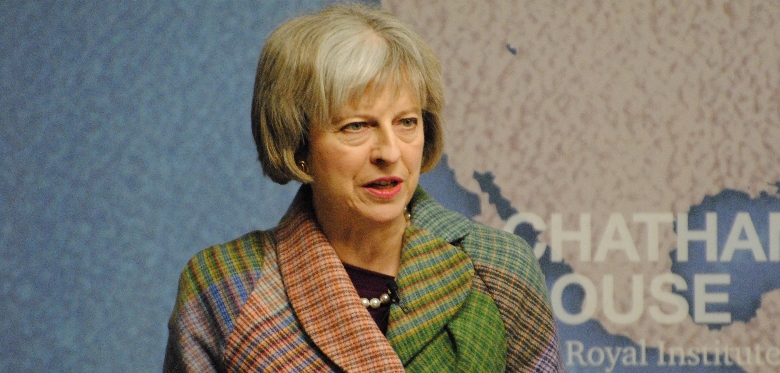With the outcome of the UK general election still in disorder it is important to understand what impact each of the political parties in contention would have on the world of employment law if elected. Campaigning has come to a close but still we are no closer to an outcome. Which parties would the most influential impact on the employment law landscape?
As the Conservative party lost its overall majority in the general election, the outcome has prompted many questions. Theresa May has vowed to form a successful government although there is some speculation that her tenure at No 10 might be limited. The Conservatives won the largest number of seats at the 2017 general election, but if its minority government proves ineffective and another poll is called Jeremy Corbyn could lead Labour to victory. From a possible coalition between the Conservatives and the DUP, to fears of another election, employees and employers should be aware of how employment law and workers’ rights could be affected by this outcome.
Workers’ rights
- The Conservatives pledge to deliver an expansion of workers’ rights, including measures to protect employees’ pensions, and a guarantee that workers’ current rights will remain unchanged through the Brexit process.
- Labour’s 20-point plan pledging to scrap employment tribunal fees. Labour has also said it will review redundancy arrangements, potentially increasing statutory redundancy pay.
- In relation to the gig economy, Labour pledged to modernise the law around employment status. Other suggested measures include shifting the burden of proof so that the law assumes a worker is an employee unless the employer can prove otherwise. Labour wish to “extend the rights of employees to all workers”, effectively scrapping the employment status of “worker” and giving all workers equal rights from day one, a ban on zero hours contracts and unpaid internships.
Wages and holidays
- The Conservative party has confirmed that the national living wage will rise “in line with average earnings by 2022”
- The Labour party has promised to increase the national living wage to “at least” £10 per hour by 2020. Its manifesto confirms that this would apply to all workers aged 18 and over, not just those aged 25 and over, as it is for the current national living wage.
- Labour also pledged to end the 1% pay cap on public-sector pay and ensure these workers receive pay rises in line with inflation. They pledge to introduce an “excessive pay levy” on salaries above £330,000 and a pay ratio introduced in public sector organisations of 20:1.
- Labour wish to introduce four new public holidays additional to statutory holiday entitlement.
Childcare, parental leave and employee wellbeing
- The Conservatives pledge to give workers a statutory right to a year’s unpaid leave to care for a relative. It claims it will improve the take-up of shared parental leave pledging to extend paid paternity to a month. A consultation will also be launched on statutory bereavement leave for workers who lose a close relative.
- Labour wish to clamp down on exploitation. Companies will have a legal duty to employees, customers and the environment, not just shareholders.
Diversity and inclusion
- The Conservatives aim to get one million more people with disabilities into employment over the next decade, and look into ways to make civil service recruitment more diverse, in terms of gender, race and social class.
- Theresa May’s government plans to remove the requirement for employees to have suffered from a mental health condition for at least 12 months before they gain protection under the Equality Act.
- Labour wish to extend current pay gap reporting requirements if they got into power; larger employers would be obliged to publish a “race pay gap” as well as a gender pay gap.
Skills
- The Conservatives plan to stick by their promise to create three million new apprenticeships by 2020.
- Labour has said it will keep the apprenticeship levy, which came into force last month, but would ring-fence more than £400 million of the revenue from this for small businesses.
From this we can see a welcomed focus on employment rights by both major parties in contention.
It is important that in making any changes to the UK’s employment rights framework and the complex issue of employment status, the next government does not damage the UK’s flexible labour market and the benefits this provides for both employers and individuals.
For employment law advice please contact our team on 01616 966 229.
By Anna Blythe, new business advisor in the employment law team.



Comments